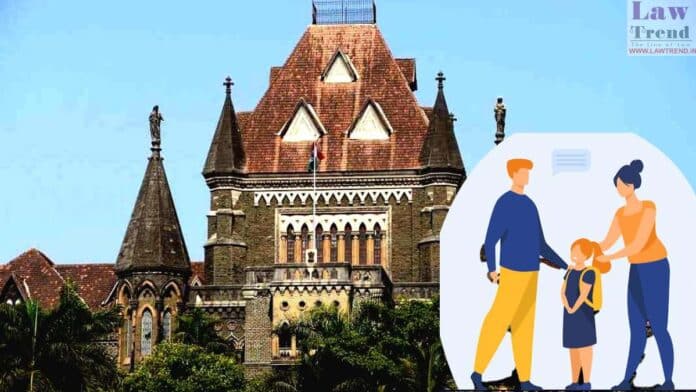The Bombay High Court (Aurangabad Bench) has ruled that the welfare of a minor must prevail over personal law doctrines in custody disputes, allowing a Muslim mother to retain custody of her 9-year-old son. The Court set aside a December 2023 decision by the District Judge, Nilanga, which had granted custody to the father. Justice
To Read More Please Subscribe to VIP Membership for Unlimited Access to All the Articles, Download Available Copies of Judgments/Order, Acess to Central/State Bare Acts, Advertisement Free Content, Access to More than 4000 Legal Drafts( Readymade Editable Formats of Suits, Petitions, Writs, Legal Notices, Divorce Petitions, 138 Notices, Bail Applications etc.) in Hindi and English.




